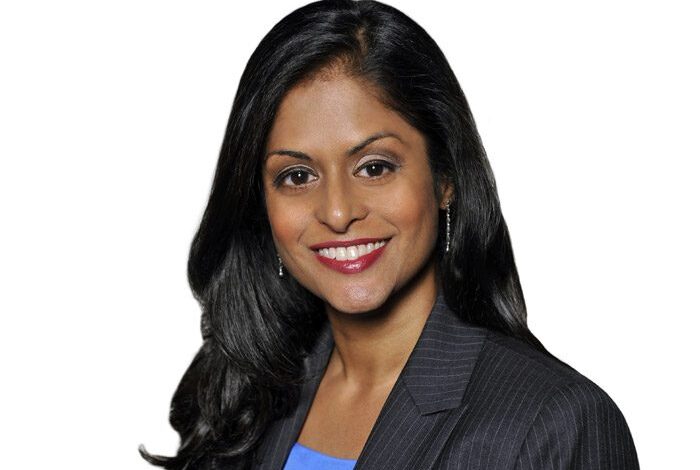WASHINGTON, D.C. — The U.S. will have its first Bangladeshi American and first Muslim woman federal judge after the Senate confirmed Nusrat Choudhury on Thursday.
The vote in the Democratic-led Senate narrowly passed along party lines.
President Biden nominated the civil rights attorney to the United States District Court for the Eastern District of New York in January. She was confirmed to the life-tenured position in a narrow margin of 50-49 votes.
Most recently, Choudhury served as the legal director for the American Civil Liberties Union of Illinois and, according to her online bio, has a track record of advancing criminal justice reform, immigrants’ rights and reproductive care access. She was previously deputy director of the ACLU Racial Justice program.
“Congratulations to Nusrat Choudhury, legal director of the ACLU of Illinois, on her confirmation to the U.S. District Court for the Eastern District of New York,” the ACLU tweeted in response to her confirmation. “Nusrat is a trailblazing civil rights lawyer and her confirmation will be an asset to our nation’s legal system.”
On Wednesday, West Virginia Democratic Sen. Joe Manchin released a statement opposing Choudhury’s nomination given her support for criminal justice reform.
“Law enforcement officers in West Virginia and across the country go above and beyond the call of duty to protect our communities, and I am incredibly grateful for their service,” his statement read. “Some of Ms. Choudhury’s previous statements call into question her ability to be unbiased towards the work of our brave law enforcement.”
Choudhury is only the country’s second Muslim American federal judge – following Zahid Quraishi’s confirmation – and her historic confirmation highlights the lack of diversity among federal judges, by race and ethnicity and gender.
A 2022 CNN review of data from the Federal Judicial Center revealed that while the bench of federal judges has steadily grown more diverse, it does not reflect the country’s makeup and the majority of judges who are currently serving are White and male, while women and non-White groups remain underrepresented.






Leave a Reply